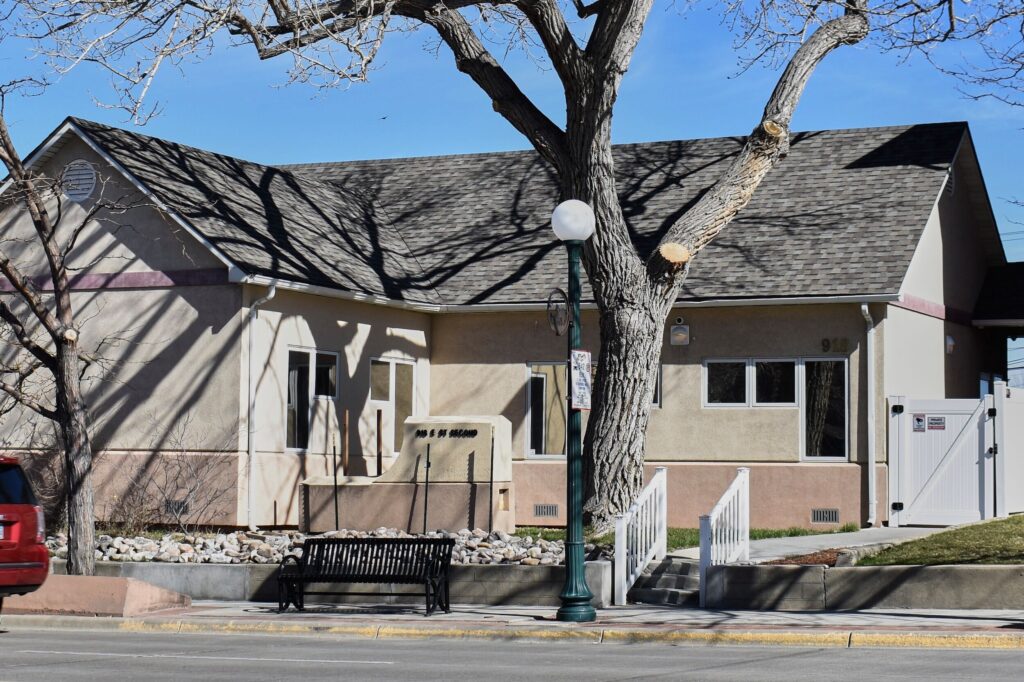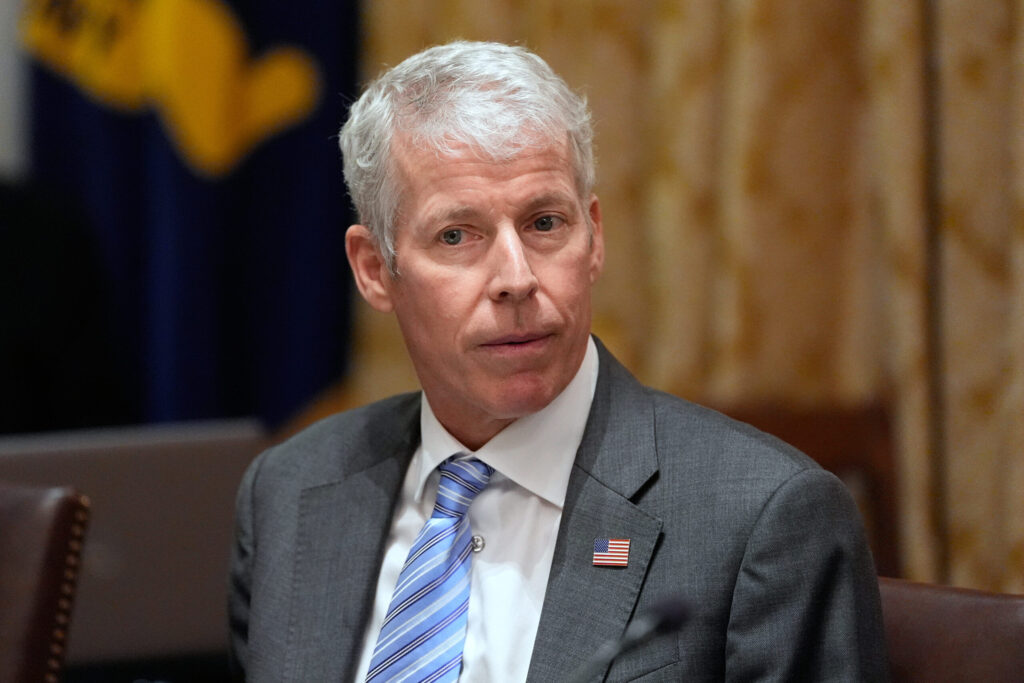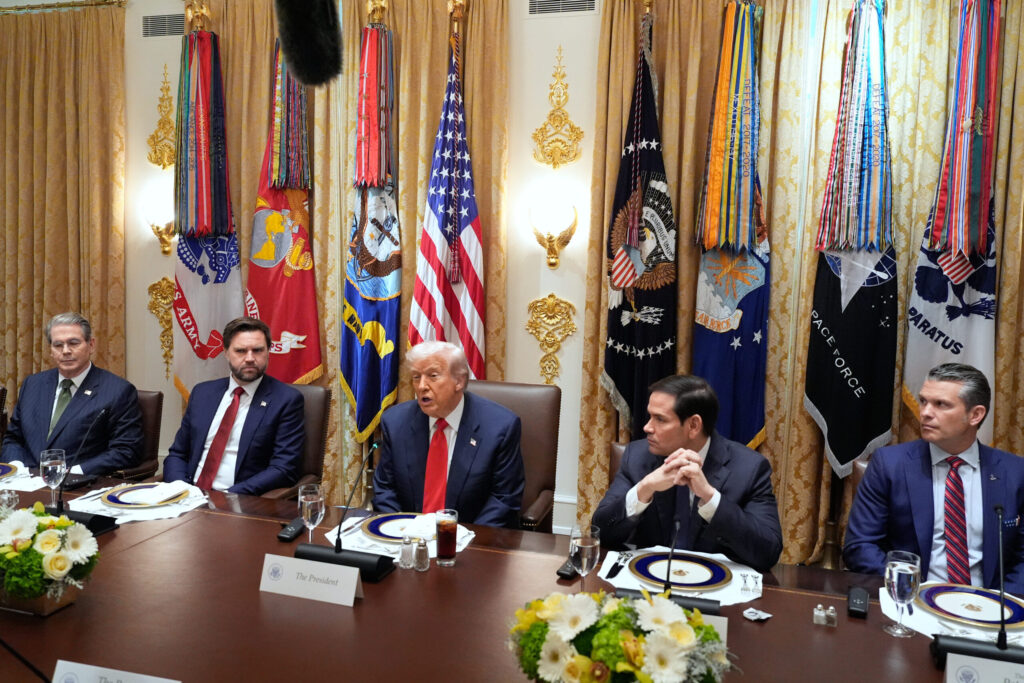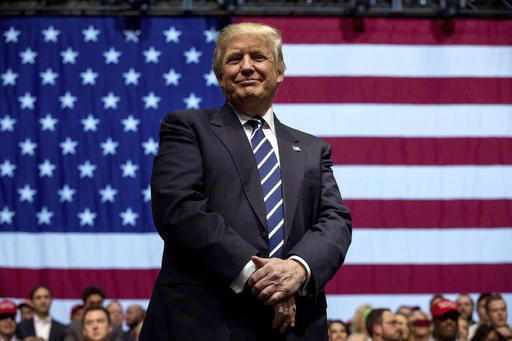Q&A with Tony Gagliardi | Speaking up for small business is his business
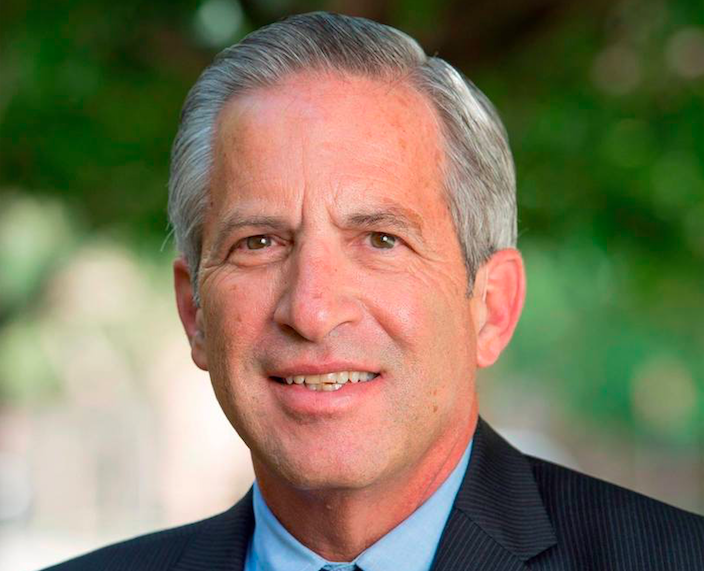
Tony Gagliardi gives high praise to the veteran lobbyists at the Capitol who helped him launch his own career in the business decades ago. But give credit, as well, to his experience earlier in life as a jack of all trades.
As he recounts in today’s Q&A, Gagliardi has at turns worked in law enforcement, the financial industry, sporting goods and even the rodeo. Oh, and he’s a volunteer firefighter. The list goes on.
Nowadays, he is Mr. NFIB – the director of the National Federation of Independent Business in Colorado, a post he’s held since 2005. And he draws on his wide-ranging resume to relate to, and advocate for, the state’s mom ‘n’ pops as they wrestle with the taxes and regulations wrought by government. He feels their pain and makes sure the state’s lawmakers do, too.
Read on as Gagliardi expounds on the issues of the day, the tactics of his trade, and how it has evolved over the years. He also underscores the distinction between big businesses, which can hire big guns to do their bidding, and the many small businesses that would be on their own if they couldn’t count on him as their corner man.
Colorado Politics: NFIB is fundamentally and foremost a champion of Colorado’s small businesses – rather than an advocate for the business community in general. It’s a distinction that can affect the debate over state and local policy. There are times when small business and big business aren’t aligned over key tax or regulatory proposals pending on the ballot or in the legislature. An example is Amendment 74, which would compensate property owners for a loss in fair market property value caused by government laws or regulation. NFIB is for 74; the Denver Metro Chamber of commerce is against it. And yet, there’s also a lot of common ground among all business-advocacy groups. What underlying factors might account for the differences?
Tony Gagliardi: There is, thankfully, more common ground than not among the business associations, but when we diverge, it’s always based on the people we represent.
Our sister business associations represent the wishes and will of corporate board rooms, which is not a bad thing and fully understandable if your enterprise is publicly traded. Not so, us. We represent the small-business owners of Colorado whose enterprises are visible to everyone walking any Main Street: The small-business owners who can’t afford to have a regulatory compliance officer on staff; the small-business owners who can’t afford to have a human resources director on staff; the small-business owners who handle all the paperwork government requires, themselves.
Our divergence from the rest of the business association pack is on the issue of workplace policies. Too often, the other business associations are willing to cut a deal to minimize legislative interference just a bit in exchange for not fighting it. Not us. Any intrusion disrupts the relationship and negotiating power of both the employee and the employer. One-size-fits-all policies do not work for small businesses.
Tony Gagliardi
CP: What is the most problematic 2018 ballot proposal facing Colorado’s small businesses?
Gagliardi: There are two ballot proposals of major interest to NFIB and our 7,000 members. Proposition 112, which is opposed by NFIB, and Amendment 74, which has our support.
Proposition 112 would block off 85 percent of the state’s non-federal land from oil and gas drilling, and that figure is only likely to grow as new subdivisions pop up to accommodate new residents. The ripple effect of passing this measure would be felt by every business and resident of our state.
It would affect Main Street businesses in places like Craig or Grand Junction or Weld County. Small businesses will face the sickle of death should voters approve Prop 112. The cost to the state would be in the billions (with a B) over the next 10 years, not including the money lost to Colorado’s public schools. Additionally, 46,000 jobs would be lost in the first year after passage.
The other issue on the ballot is Amendment 74. NFIB does support Amendment 74, which if passed, would require agencies to fairly compensate the owners who have their property rights infringed upon by regulations restricting their right to access their property or utilize the property at its highest value.
Amendment 74 also requires compensation for the value of the property if done as “a takings,” which is often the case with property taken under eminent domain.
Contrasted against big businesses, which have at their access multitudes of legal representatives and the ability to defend themselves in the courts, small businesses and private land owners are forced to usually accept the paltry offers of state and local governments wanting their property.
Amendment 74 is not all about the oil and gas industry. It is about a simple premise: Can local governments be allowed to take private property, without just compensation, because they believe the property can be of greater value to the local government in the hands of someone else? That someone else is often a private developer or big-box store.
CP: One of the taller tasks facing NFIB has to be lighting a fire under lawmakers and voters in general on some of the regulatory minutiae that doesn’t show up on the public’s radar – but can seriously affect a mom ‘n’ pop’s bottom line. Stuff like compliance costs for withholding sales tax revenue. How do you hold your audience’s attention in making the case that red tape can strangle the small businesses on which we all rely?
Gagliardi: The surest way to light a fire with legislators is to tell a compelling story. Advocates for an issue tend to speak using facts and figures. Watch a good lobbyist or association executive testify before a committee and he or she will tell a story about how the small-business owner is feeling, or about the person having to decide between paying their health-care premium or getting the car fixed.
The story I try to convey is why small businesses are the backbone of our economy, creating two out of every three new jobs. Small-business owners are close to their customers. They know that meeting customer needs are the only way they will survive and grow. In many ways, it is the purest form of business enterprise.
CP: Are you ever worried about coming across as the heavy in opposing the likes of minimum-wage hikes and family-leave laws? What do you do to turn the tables on that image?
Gagliardi: I believe there is a mutual respect between advocates on both sides of issues such as minimum wage and family leave. We all have our constituencies we represent to the best of our ability. I would like to see more willingness by all sides to come to the table. For example, I and the Bell Policy [Center, a progressive Denver think tank] have had three meetings brainstorming how to assist rural Coloradoans facing the high cost of health insurance.
I believe lobbyists are problem-solvers, there are times when there can be some agreements and other times there will be the need to agree to disagree. It never means we do not possess compassion or understanding for the issue.
One of the hardest things I ever had to do was to testify against the mandated coverage of a type of autism treatment. The concern was the increase in premiums that would follow. To sit and testify against parents of a child with the disorder burned a hole in my heart. Yes, I do have a heart.
Increases in minimum wage really sting our members, who operate on that thin margin between solvency and closure, between hiring or not, between giving a raise or not. Our members know firsthand that minimum wages are entry-level wages earned mostly by teens and young adults looking for their first job opportunity. Most corporations, which wouldn’t accept you if you’re just starting out your working life with no experience, pay above the minimum wage, so it’s nothing to them to support any proposal calling for its increase. All of this can be said for other issues as well – paid leave, ban the box, etc.
Too often, the other business associations are willing to cut a deal to minimize legislative interference just a bit in exchange for not fighting it. Not us. Any intrusion disrupts the relationship and negotiating power of both the employee and the employer. One-size-fits-all policies do not work for small businesses.
CP: Before your lengthy tenure with NFIB, your were a contract lobbyist at the Capitol. All told, that’s a whole lot of years as a policy advocate. How has lobbying changed over the years in Colorado?
Gagliardi: When I started my lobbying career in 1996, the Capitol was filled with lobbyists who didn’t waste any time letting you know if you stepped out of line. There are so many great people who are no longer with us that made the Capitol a special place to be. My first opportunity to lobby was with Jeanne McEvoy and Corky Kyle; both were mentors and provided me a foundation on which to build my skills. I was also fortunate to be around individuals who would bloody your nose if need be, then you all would go out to dinner. Chuck Ford instilled in me the ability to oppose each other without becoming enemies.
It was my second home. There was a round table in the cafeteria which was designated for lobbyists. The rule was no business was discussed. There were times even a governor would pull up a chair and visit with all who were present.
There have been a lot of changes over the years, some for the good, some for the not so good (campaign finance, Amendment 41). Legislators have changed also with the years. Elected officials such as Vi June from Westminster, Russell George from Rifle, Don Ament, Gigi Dennis, Jim Congrove, not only were exceptional legislators but would be your friend. Relationships with legislators were entirely different than they are today, and I blame campaign finance laws. Now, a lobbyist cannot buy a cup of coffee for a legislator. If a cup of coffee can change a legislator’s vote, the constituents elected the wrong person.
CP: Tell us a little about your background and what led you to a life in public policy.
Gagliardi: In 1991 my mother-in-law became very ill. While in the hospital she suffered a minor stroke. After some days she was moved from ICU to the floor. The care she was receiving was deplorable. Medications were missed; she virtually was receiving no care. It had an effect on me and I decided I had to do something to change the system.
At the time I was working in the firearms and ammunition business. I decided to quit my job, go back and finish my degrees and run for office. At the time my wife, Penny, and I were living in northern Jefferson County. It was decided within party ranks I was not quite conservative enough and did not get the nod to run. During my stint at Metropolitan State College, I did some internships at the Capitol and met several lobbyists. Since I wasn’t going to run for office, I decided to go lobby. McEvoy and Kyle gave me an opportunity and the rest is history. I still say lobbying and representing my members is the ride of a lifetime.
CP: Here’s something we never knew until recently checking out your bio page on the NFIB-Colorado website: You’ve been a volunteer firefighter. How did a guy who has to start fires at the Capitol wind up putting them out elsewhere?
Gagliardi: There are a lot of things I have done in my past that people still don’t know. I like to say I have a well-rounded background. I have been in the rodeo; been involved in law enforcement; worked eight years as a locomotive engineer for the Denver & Rio Grande Railroad; been in the financial business; worked in the sporting goods industry, and yes, the fire department.
I had always told my wife if we lived anywhere with a volunteer fire department, I would join. We were living in Firestone; the opportunity came around to join the Mountain View Fire Department. At 51 years old I went through a 16-week fire academy. Within two weeks after graduating I found myself on the hose inside a fully engulfed mobile home. The experience was one I will never forget.
I believe my diverse background has given me the life skills that allow me the ability to look at an issue and use some life experiences to gain an understanding.



